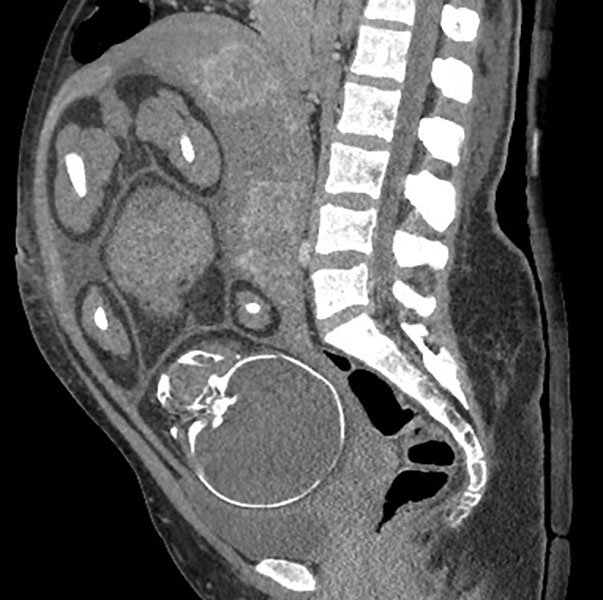
Pregnancy is a time of numerous medical tests and investigations. Among the various tests and procedures that expecting parents might encounter, amniocentesis stands out as a crucial diagnostic tool. In this article, we will explore what amniocentesis is, why it is performed, and what you can expect if you undergo this procedure.

What is Amniocentesis?
Amniocentesis is a prenatal diagnostic test that involves extracting a small amount of amniotic fluid from the amniotic sac surrounding the developing foetus. This fluid contains foetal cells and various chemicals produced by the baby, which can provide valuable insights into the baby’s genetic makeup and health status.
Why is Amniocentesis Performed?
Amniocentesis is typically recommended for several reasons:
- Genetic Testing: to check if your baby has a genetic or chromosomal condition.
- Neural Tube Defects: To detect neural tube defects like spina bifida and anencephaly.
- Infections: To check for foetal infections.
- Lung Maturity: To assess foetal lung maturity, especially if an early delivery is being considered.

The Amniocentesis Procedure
Amniocentesis is usually performed between the 15th and 20th weeks of pregnancy. However, it can be done at other times depending upon the indication e.g. to assess the maturity of the baby’s lungs, especially if an early delivery is being considered.
The procedure is typically straightforward:
- Preparation: An ultrasound is performed to locate the baby and the amniotic fluid.
- Sterilization: The mother’s abdomen is cleaned with an antiseptic solution.
- Needle Insertion: A thin, hollow needle is inserted through the abdominal wall and into the amniotic sac. Ultrasound guidance ensures the needle’s precise placement.
- Fluid Extraction: A small amount of amniotic fluid (about 20ml) is withdrawn.
- Post-Procedure: The needle is removed, and the foetus and mother are monitored for a short time to ensure there are no immediate complications.
Benefits of Amniocentesis
Amniocentesis offers several significant benefits:
- Accurate Diagnosis: It provides highly accurate information about the presence of genetic disorders and abnormalities.
- Informed Decisions: Helps parents make informed decisions regarding the pregnancy and prepare for any potential medical care the baby might need.
- Early Detection: Early identification of conditions allows for timely intervention and management.
Risks and Considerations
While amniocentesis is generally safe, it does carry some risks:
- Miscarriage: There is a small risk of miscarriage, estimated at about 0.1% to 0.3%.
- Infection: Risk of infection in the uterus.
- Needle Injury: Rare risk of injury to the baby or mother.
- Amniotic Fluid Leakage: Minor risk of leaking amniotic fluid.
Conclusion
Amniocentesis is a valuable diagnostic tool in prenatal care, offering critical insights into the health and development of the unborn baby. While the decision to undergo this procedure can be daunting, understanding the process, risks, and benefits can help expecting parents make informed choices. Always discuss with your healthcare provider the specific reasons and benefits for you.
RECENT POSTS
- The Differences in a Twin Pregnancy: What You Need to Know
- What is the significance of bleeding at different stages of pregnancy?
- How to Cope with Claustrophobia: Effective Strategies for Managing Anxiety
- 50 Great Bible Quotes Relating to Pregnancy
- 10 Tips for Getting a Baby to Sleep
- How Much Sleep Does a Baby Need? A Comprehensive Guide for New Parents
- How to Make Money with ChatGPT: A Comprehensive Guide
- Unexplained Infertility: What Can You Do. Advice and Guidance
- The Benefits of Mindfulness: A Practical Guide to a Healthier and Happier Life
- Constipation During Pregnancy: Causes, Prevention, and Relief
- Pregnancy Myths, Superstitions, and Old Wives’ Tales: Fact or Fiction
- Endometriosis: The Impact on Fertility and Pregnancy
Leave a Reply